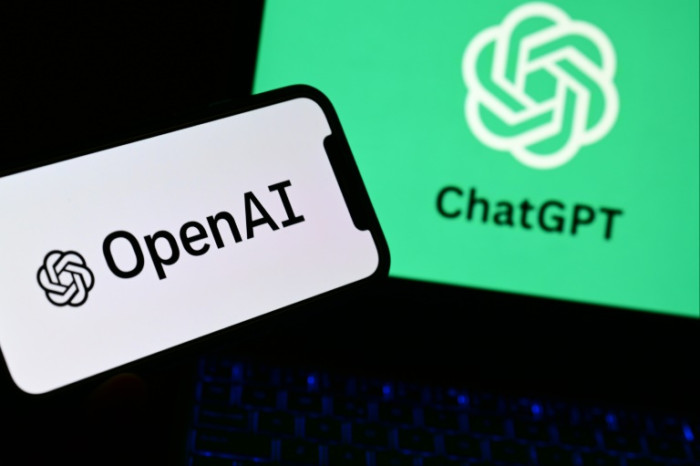OpenAI Launches Atlas Browser in Direct Challenge to Google
Key Takeaways:
- OpenAI launches Atlas, an AI-powered browser built around ChatGPT
- Agent mode allows ChatGPT to browse independently on user’s behalf
- Initial macOS release free, with Windows and mobile versions planned
- Google shares dropped 1% following the announcement
OpenAI has officially entered the browser wars with the launch of Atlas, an AI-powered web browser designed to challenge Google’s dominance in search. The ChatGPT-maker announced the new browser during a streamed presentation, marking a significant escalation in the AI race.
“This is an AI-powered web browser built around ChatGPT,” said OpenAI chief Sam Altman during the demonstration. The company showcased an innovative “agent” mode where ChatGPT can conduct searches independently on behalf of users.
How Atlas Browser Works
In agent mode, ChatGPT uses the web browser autonomously, returning with relevant findings. “It’s got all your stuff and is clicking around,” Altman explained. “You can watch it or not, you don’t have to, but it’s using the internet for you.”
The browser launches initially on Apple’s macOS free of charge, but the advanced agent mode will be exclusive to paid Plus or Pro ChatGPT subscribers. Altman confirmed plans to expand to Windows and mobile devices, though no specific timeline was provided.
Market Impact and Analyst Reaction
The announcement immediately affected markets, with Google shares dropping slightly more than 1% following the news. Industry analysts see this as a significant development in the ongoing AI competition.
“OpenAI’s browser puts pressure on Google,” Emarketer technology analyst Jacob Bourne told AFP. “This is another step in the AI race as tech companies try to make their AI interfaces the first point of contact for internet users.”
Bourne noted that while OpenAI can leverage ChatGPT’s popularity to attract users, Google maintains a substantial infrastructure advantage serving billions of users worldwide.
Competitive Landscape
The browser launch comes as Google recently avoided a forced breakup of its Chrome browser in a major US antitrust case. Judge Amit Mehta, who previously found Google illegally maintained search monopolies, imposed alternative remedies including data sharing requirements with competitors.
OpenAI joins and Microsoft in challenging Google’s search dominance. Meanwhile, OpenAI continues expanding ChatGPT’s capabilities, recently enabling integration with popular apps like Spotify and Booking.com.
Perplexity AI also made waves in August with a new revenue-sharing model for publishers, positioning itself as another potential disruptor in the search market.




